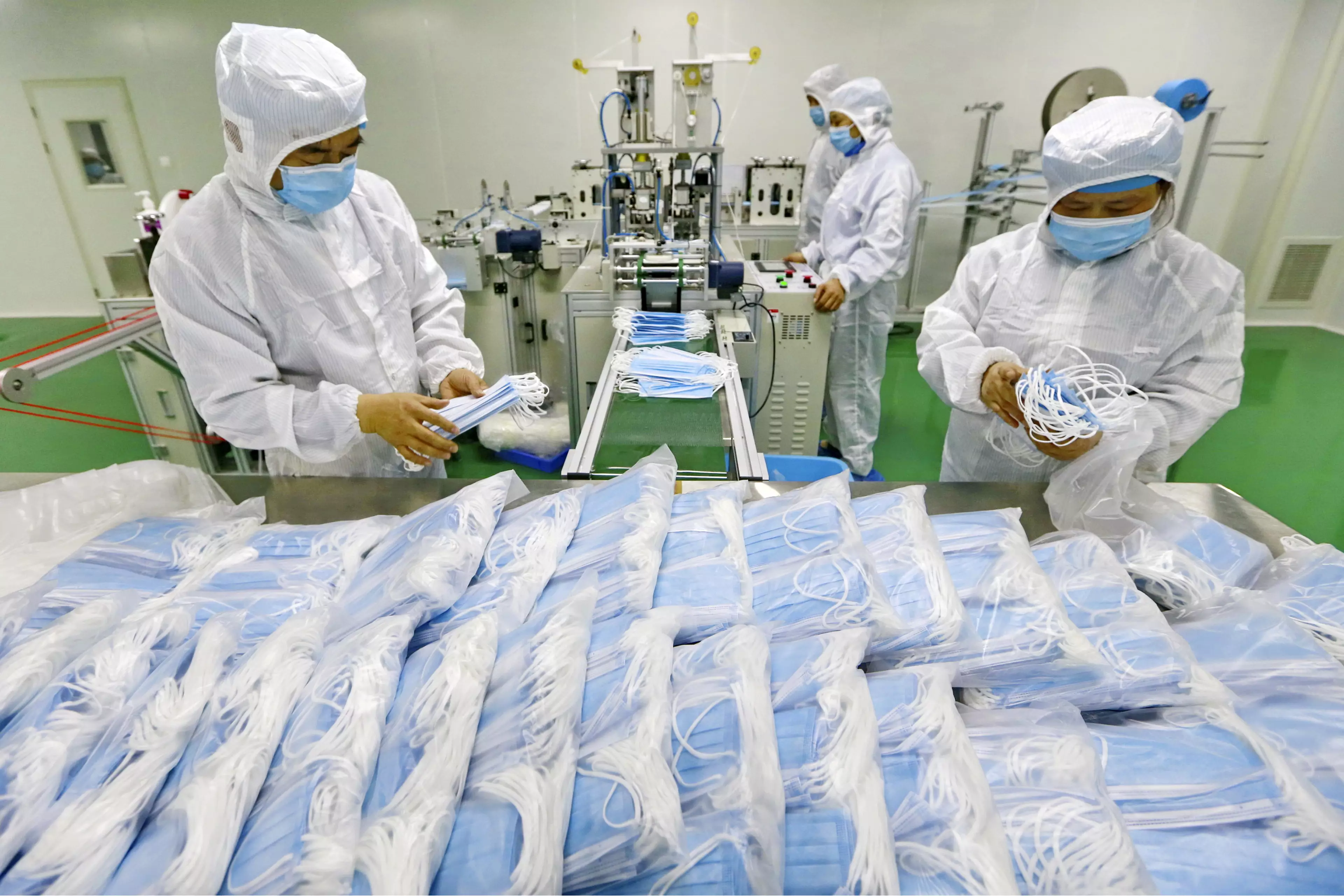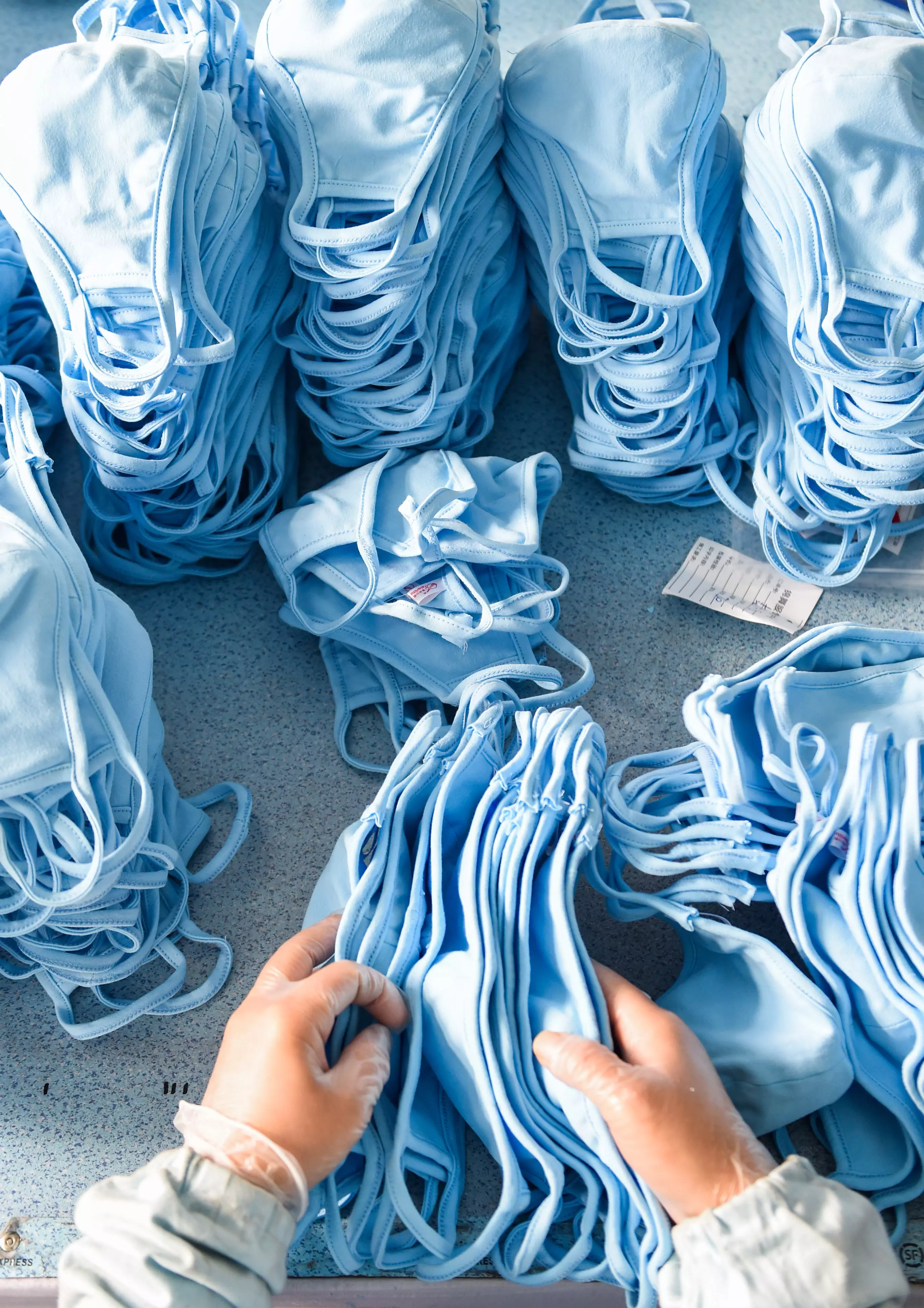
Two plane passengers were seen taking extra precautions amid the global outbreak of the Covid-19 virus, having packed themselves into makeshift full-body plastic suits to travel.
While many people across the world have been seen sporting face masks, these two anonymous people had decided to take things a step further for their flight, which the Daily Mail reports was travelling from Sydney to Hamilton Island off the coast of Australia.
Donning masks, plastic coats and latex gloves, the duo caught the attention of a fellow flyer called Alyssa, who shared a short, three-second clip on Twitter with the caption: "Currently behind me on the plane. When you super scared of #coronavirus #COVID2019."
Some Twitter users were impressed by the anonymous pair's creativity, with one writing: "He'll have the last laugh a few months from now - when he's the only one whose lungs still work well enough to laugh."
Advert
Another wrote: "He is not the abnormal one. Everyone else is!"
But not everyone thought it was a particularly smart idea.
One person wrote sarcastically: "Great. Trap the germs inside a plastic bag so you're sure to breathe them. Genius. Don't those plastic bags come with suffocation hazard warning?"
It's probably worth nothing that the measures some people are taking to protect themselves from the virus may not be as effective as they'd hope.

Doctors have warned that many masks, for example, might not actually stop people from getting ill.
Advert
Dr Jake Dunning, head of emerging infections and zoonoses at Public Health England, told the BBC: "Although there is a perception that the wearing of facemasks may be beneficial, there is in fact very little evidence of widespread benefit from their use outside of these clinical settings."
Dunning said the masks have to be worn correctly, changed frequently and disposed of safely if they are to work properly.

Dr David Carrington, of St George's, University of London, also told the BBC that 'routine surgical masks for the public are not an effective protection against viruses or bacteria carried in the air'.
Advert
This, he said, was because they were too loose, had no air filter and left the eyes exposed - with some experts warning coronavirus could enter the body through the eyes, an area that many masks don't cover.
At the time of writing, Covid-19 - as it was recently officialled named - has killed 1,018 people, according to an updating online dashboard created by The John Hopkins Center for Systems Science and Engineering.
More than 43,000 cases have also been confirmed in total.
Featured Image Credit: Twitter/@Alyss423Topics: World News, News, Coronavirus, Covid-19